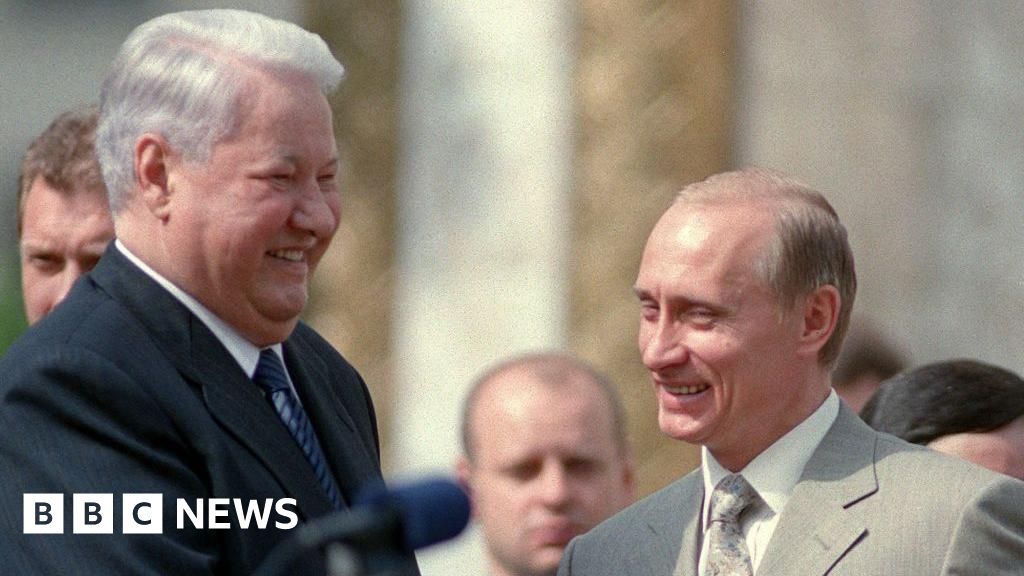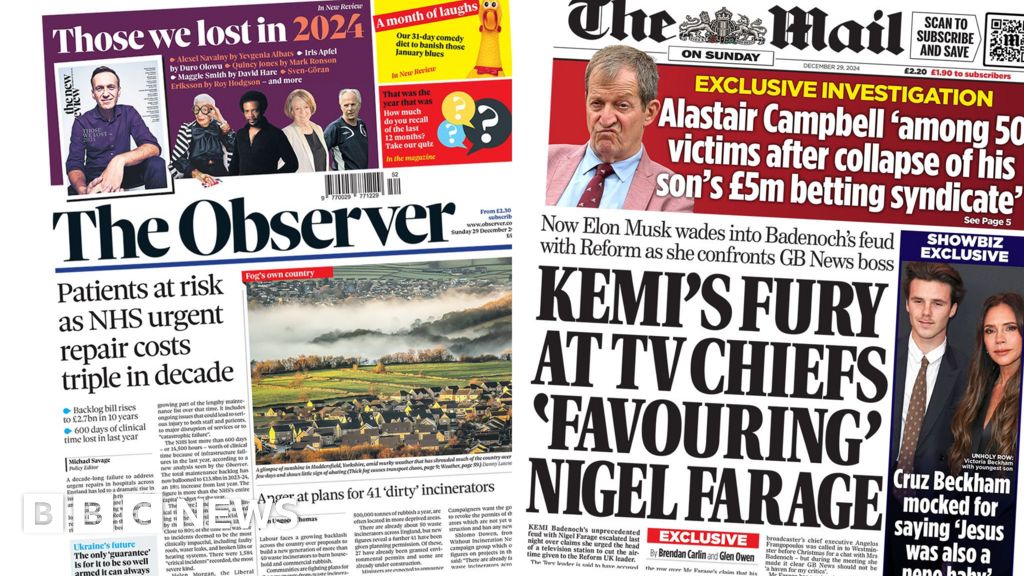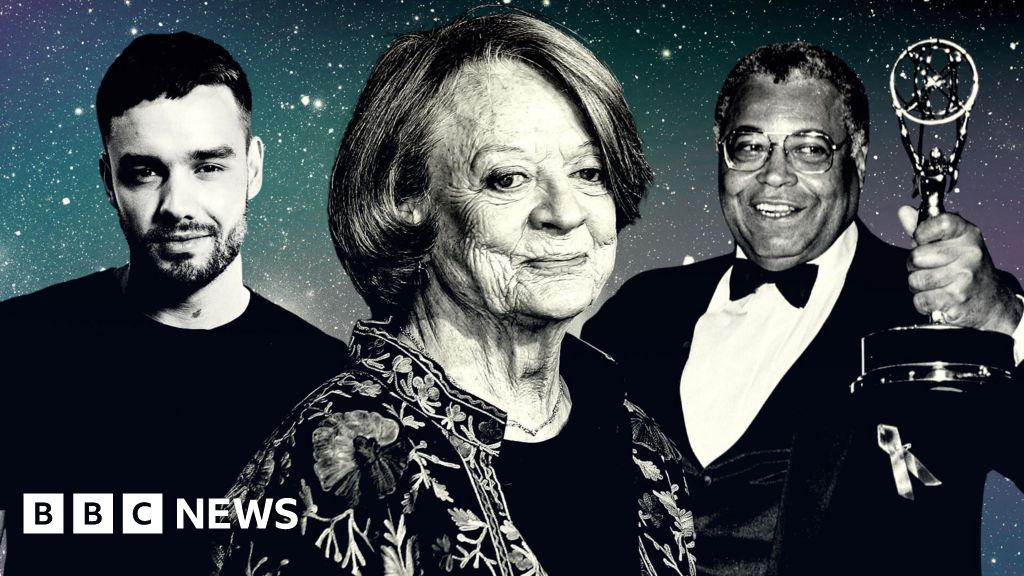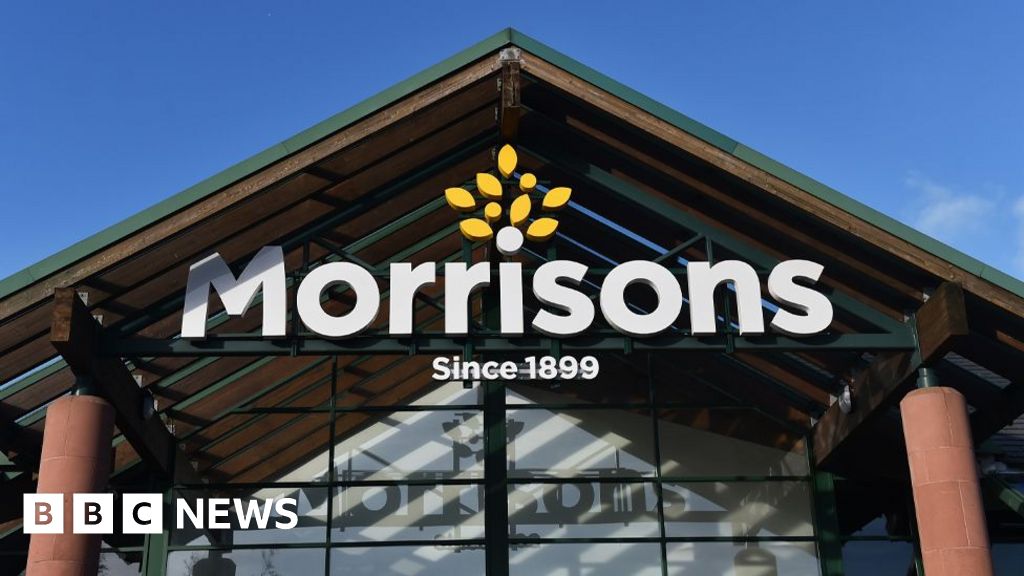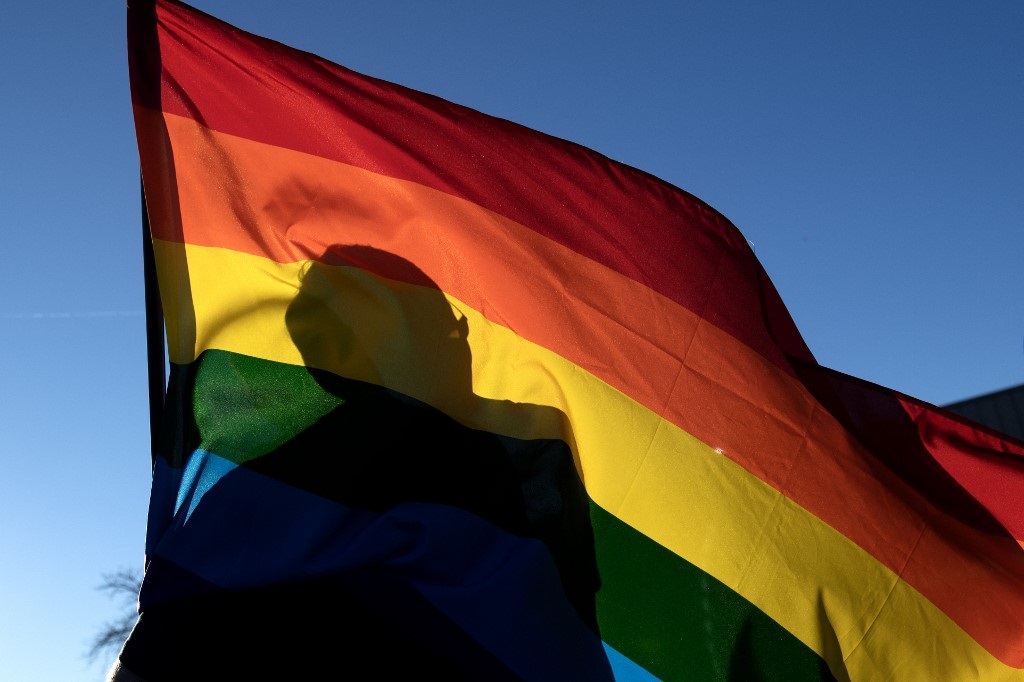
By linking homosexuality to sexual abuse, proponents of such legislations aim to demonise and criminalise same-sex relationships, portraying them as inherently harmful or predatory.
- More than 20 000 people marched through Johannesburg on Saturday to celebrate Pride.
- South Africa made same-sex marriage legal in 2006 and is still the only African country to have done so.
- Last year's Pride, the city's first since the Covid-19 pandemic, was subdued after the US warned of a possible terrorist attack beforehand.
More than 20 000 people marched through Johannesburg on Saturday to celebrate Pride, singing, dancing, and making their support clear for LGBTQ+ communities across Africa who cannot be open about their sexuality safely and whose relationships are criminalised.
At the front of a parade that organisers estimated was 24 000-strong was Mandela Swali, a 25-year-old Ugandan gay man who was attending his first Pride, having been in South Africa just a month and a half.
Swali, face coated in glitter, draped in a Ugandan flag, recounted how he fled his country in 2021 while on bail, having been arrested when his landlady caught him having sex with his boyfriend.
"This is the space and this is the family I deserve to have right now. I feel like I'm at home," Swali said, after the 6km march through some of Johannesburg's wealthiest neighbourhoods beneath purple-flowered jacaranda trees.
Uganda introduced one of the world's harshest anti-gay laws in May, including the death penalty for "aggravated homosexuality". Same-sex relations were already illegal in Uganda, as they are in more than 30 African countries.
READ | US advises citizens not to invest in Uganda; Zimbabwe warn foreigners from its reserved sectors
South Africa, in contrast, made same-sex marriage legal in 2006 and is still the only African country to have done so.
"Our intention today is to march for Uganda ... for LGBT communities in Africa that can't march for themselves," said Johannesburg Pride organiser Kaye Ally.
Last year's Pride, the city's first since the Covid-19 pandemic, was subdued after the US warned of a possible terrorist attack beforehand. That only increased the LGBTQ+ community's desire for this year's event, held 34 years after the first, said Ally.
"This year, we're going full force," she said.
"That hunger for Pride, as well as all the happenings in Africa, has really amplified the need for us to take to the streets and to come out in all our flamboyancy and assert our authenticity."
 (1).png)
 1 year ago
13
1 year ago
13
